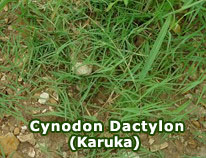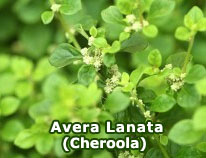Mala, Waste Products of the Body
March 23rd, 2007 | admin
Mala (malas) are the waste products produced in the body of living things. Ayurveda lists two main types of malas (waste products) – ahara mala (waste products derived from food) and dhatu mala (waste products expelled from cells and tissues).
Ahara mala include purisha (feces), mutra (urine), and sveda (sweat).
Dhatu mala are secretions from nose, eyes, ears, and elements like carbon dioxide, lactic acid, hair, skin and nails.
These all are waste products. They also serve specific functions before the body expels them. Skin, for example protects the inner body tissues from infection. The external skin sheds away and gets replaced by new skin. The hair is also expelled from the body after serving purposes like body heat regulation. Sweating serves to regulate body temperature and urine serves to remove toxic waste products from blood.
These all function normally when the quantity and quality of them remains normal. Any abnormality in quality or quantity of the malas leads to disease. Malas interact with the dhatus (sapta dhatus) and whenever they become imbalances, it is called spoilt elements or dushyas.
The malas too are composed of panchabhootas, the five principle elements of nature.
Purisha or feces is composed mainly of the element bhoomi (earth). Its increase can cause abdominal unrest, heaviness, etc. Its decrease can lead to abdominal pain, back pain, asthma, hypocalcemia, bloating and other conditions.
Mutra or urine is composed mainly of jal (water) and agni (fire). Its increase can cause infections to urinary tract and bladder dysfunction. Reduced urine production can lead to kidney stones and subsequent abdominal pains.
Sveda or sweat is composed mainly of jal (water). Increased sweating can cause quick dehydration, lower body temperature, fungus attack on skin resulting in itching and body odour, constipation, etc. If decreased, it can lead to dry skin, high body temperature, etc.














 Loading ...
Loading ...





